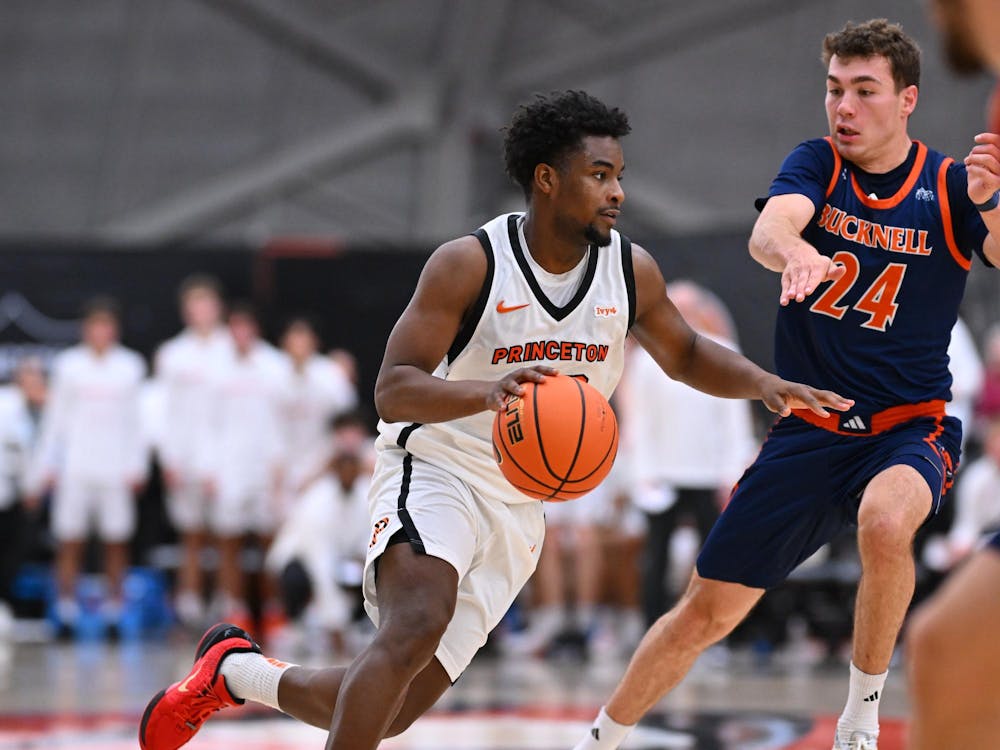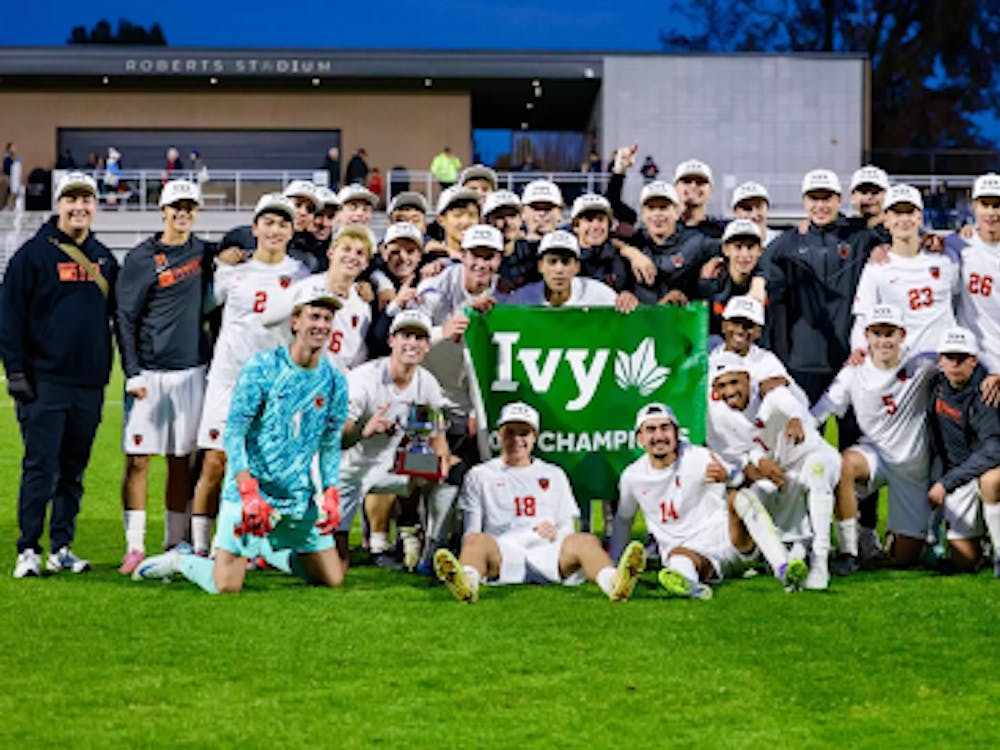The Bowl Championship Series sucks. The vast majority of college football fans can agree on that. Don’t try to tell me that a playoff “devalues the regular season.” A playoff is the only fair way to determine a championship. Unfortunately, though, a college football playoff won’t be happening anytime soon. The BCS TV contract is not up until 2014, and it will likely be extended, as the current one rakes in a sweet $125 million per year.
If we can’t get a playoff anytime soon, there are still two ways that the current BCS system could be vastly improved.First, the preseason polls should be eliminated. For once, the BCS actually has it right when it waits until midseason to release the first set of rankings. But the coaches’ poll, one of the two human rankings that each count for approximately one-third of the BCS average, does release a preseason poll.Because the coaches’ poll counts so much in the BCS standings, the preseason poll, to a large extent, governs how the season will end. A team ranked in the top two will not drop from that position unless it loses, thus giving those teams — this year Alabama and Ohio State — an inside track to the BCS National Championship Game. Even if another team goes undefeated, it will have a hard time jumping the preseason favorites, assuming they also go undefeated. For a mid-major school, the path is even harder. These so-called BCS busters rarely are ranked even in the top 10 in the preseason rankings, meaning they have to work their way up the ladder. This year’s poll, where notable mid-major powers Boise State and Texas Christian University were both in the top 10 before the season started, is the rare exception. The chaotic mess of 2004 illustrates this point well. University of Southern California and Oklahoma began the season ranked first and second, respectively, in the Associated Press Poll, which was then a part of the BCS formula. Both USC and Oklahoma went undefeated; however, Auburn and Utah — ranked 17th and 20th, respectively — at the beginning of the season also went undefeated. Because USC and Oklahoma never lost, they never relinquished their preseason first and second rankings, and Auburn and Utah (the original BCS buster) never had a chance to pass them in the BCS formula. As a result of this mess, the AP requested that it not be used in the BCS formula and was replaced by the Harris Interactive Poll.Incidentally, Boise State seems to have found the loophole in the current polling system: Prove yourself over time by going undefeated and winning bowl games, then go undefeated another year, bring back all your starters, and hope for the best. Nevertheless, they still started the season ranked No. 3, behind both Alabama and Ohio State, meaning that they have to hope that one of those two teams loses a game. This loophole does not validate the current system, however; it simply highlights how long it took Boise State, a virtual unknown at the beginning of this decade, to have a chance at playing in the BCS National Championship Game. How can a team be judged as the best in the country when it has not played a single game? Performance from one year can only carry over so much into the next. Training camps can only show the voters so much. Each year should begin with a clean slate; polls should not be released until at least three games have been played, preferably more, thereby avoiding the pitfall of the preseason ranking trap.Secondly, I-A (Football Bowl Subdivision) teams should not be allowed to play I-AA (Football Championship Subdivision) teams. (The old designations of I-A and I-AA made much more sense, so I will continue to use them in this article.) Sure, everyone remembers Appalachian State’s stunning upset over Michigan three years ago, as well as James Madison’s recent takedown of Virginia Tech, but those upsets are the exception. Look at Wisconsin’s 70-3 demolition of hapless Austin Peay this weekend. It tells us nothing about Wisconsin, save that its second string could blow out Peay on its own. These matchups encourage teams to run up the score, as doing so gives them “style points” in the eyes of the voters in the Harris and coaches’ polls. Most of the time, teams schedule these I-AA teams to get a free win that pushes them toward the 10 or 11 wins needed to qualify for a BCS bowl. The I-AA teams agree to these mismatches because they are paid roughly $500,000 to $750,000 to come to the I-A team’s house and get slaughtered. That payout is enough to provide for the I-AA football team’s entire season. While that is a noble reason to willingly be crushed, there must be some other way for these programs to get money. These wins are cheap ways for football powerhouses to gain the necessary wins demanded by the powerful athletic boosters, and should be eliminated in the interest of fair play. There are 120 schools in I-A, many of which are just as hapless as their I-AA counterparts; if a famous team needs a tune-up game against a cupcake school, there are plenty of I-A opponents that can be found.
ADVERTISEMENT
ADVERTISEMENT







